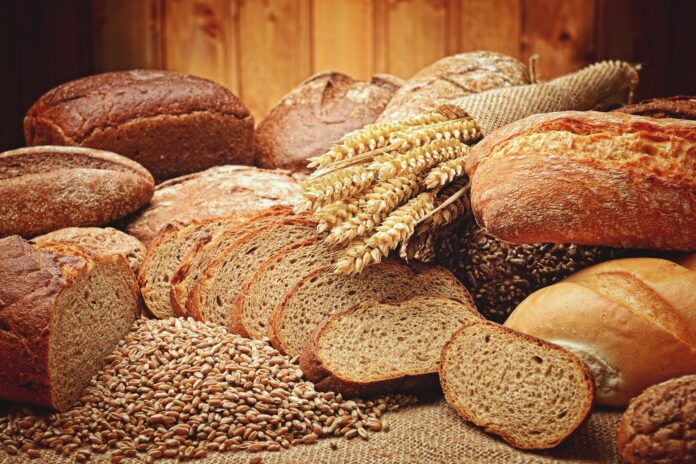Understanding Carbohydrates in Pet Food: Facts vs. Fiction
In recent years, the marketing of pet foods has shifted towards a focus on low-carbohydrate diets, often claiming to mimic the natural eating habits of wild animals like wolves and wild cats. Terms such as “grain-free,” “potato-free,” “with ancient grains,” and “with wholesome grains” are common. However, the portrayal of carbohydrate sources in pet food varies widely depending on the manufacturer, with some depicting ingredients like grains and legumes as “inexpensive fillers,” while others label them as “wholesome, nutrient-rich.” This begs the question: Which perspective is accurate?
What Are Carbohydrates?
Carbohydrates are organic compounds that include digestible sugars like glucose and starch, which consist of long chains of glucose molecules. The majority of carbohydrates in pet foods come from plant-based ingredients. It’s important to distinguish digestible carbohydrates from fiber; while fiber is technically a carbohydrate, it cannot be digested by pets and instead serves as a food source for beneficial gut microbes.
Do Dogs and Cats Need Carbohydrates?
Dogs are omnivores while cats are true carnivores, and this distinction influences their respective carbohydrate needs. Generally, adult non-reproducing dogs and cats have no specific requirement for carbohydrates in their diet:
- Cats: Their natural diet is low in carbohydrates, primarily consuming whatever is found in the gut contents of their prey. While low carbohydrate diets are often safe, they may not be suitable for all cats, particularly those with certain health issues.
- Dogs: Like cats, adult non-reproducing dogs also do not require carbohydrates. However, pregnant and lactating dogs often benefit from diets that include carbohydrates, which can contribute to better reproductive success.
While dogs and cats can survive on low-carbohydrate diets, these diets may not be optimal for all individuals.
Can Dogs and Cats Digest and Utilize Carbohydrates?
Both species possess the ability to digest and metabolize carbohydrates when they are properly cooked and included in commercial pet foods. However, there are important differences:
- Cats: Unlike dogs, cats cannot metabolize fructose, which is found in fruits and certain sweeteners, leading to its excretion unchanged in their urine. Their dietary needs tend to require higher proportions of protein and fat, resulting in cat foods that are typically lower in carbohydrates.
- Dogs: Dogs can tolerate a higher carbohydrate intake, deriving up to 75% of their daily calories from carbs, especially in cases where fat or protein intake is restricted.
Benefits of Carbohydrates in Pet Food
Carbohydrates provide critical energy, yielding approximately 3.5 to 4 Calories per gram, similar to protein. However, many carbohydrate sources in pet foods are more complex than simple sugars:
- Nutrient-Rich: Whole grains and other carbohydrate sources can also provide essential nutrients, like fiber, antioxidants, and essential fatty acids.
- Gut Health: Fiber helps support the gut microbiome, improving stool quality and overall digestive health.
- Caloric Balance: Including carbohydrates can allow for lower protein or fat levels, making the diet suitable for pets with specific health concerns.
Can Carbohydrates Be Harmful to Pets?
There is little evidence supporting health risks associated with high-quality, balanced pet foods that contain high levels of carbohydrates. While some pets may not tolerate certain carbohydrate sources, this is less common than food allergies to animal products. Although a few studies have linked dry food (typically higher in carbohydrates) to obesity and diabetes in cats, this is often due to the calorie density rather than the carbohydrate content itself.
In fact, the primary dietary risk factor for diabetes in cats is weight gain, not the inclusion of carbohydrates. There may be instances where a reduction in carbohydrates is advisable, particularly for pets with diabetes, but this should be individualized based on each pet’s unique health needs.
How to Compare Carbohydrate Types and Amounts in Pet Foods
Comparing different pet foods and understanding the carbohydrate content can be challenging. Keep an eye out for our upcoming post, “Carb Confusion: Part 2,” where we will delve deeper into measuring and comparing carbohydrates in pet diets.
In summary, carbohydrates in pet food can provide valuable nutrients and benefits and should be considered carefully when designing a diet plan for pets.











